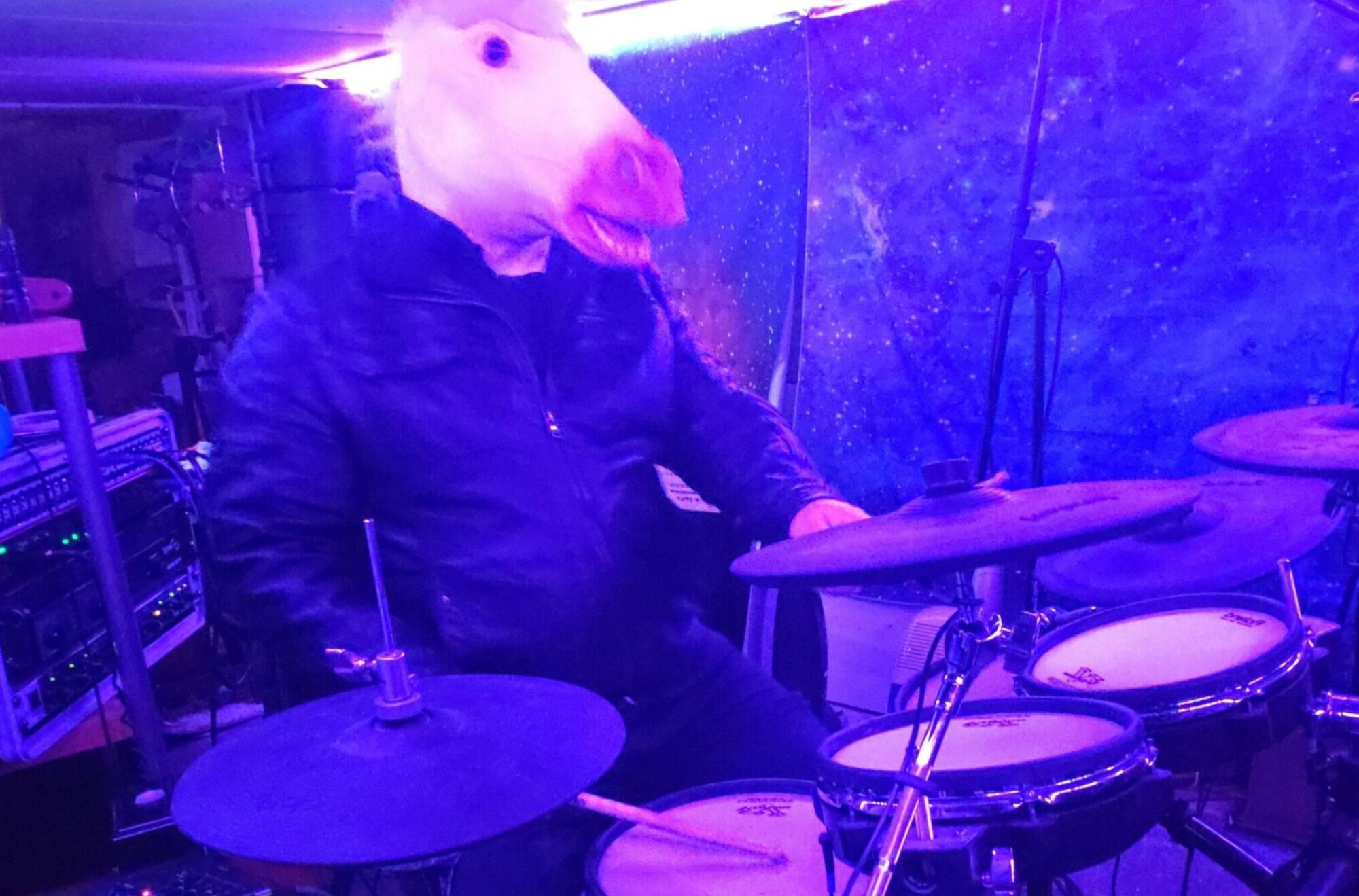I have a few strengths and a lot of flaws. I try to work on some of those flaws. It seems like even strengths can be flaws 20% of the time. “Attention to detail” is probably one of the best strengths someone can have, but then maybe you sometimes forget the forest for the trees. Maybe you’re a great leader, but then do you work well with others when you need to?
The interview question “what’s your biggest flaw?” becomes turned on its head, because flaws can become strengths. So, I like to reinterpret the question and answer with “Well, what I am working on now is X, because there was a time when that didn’t go so well for me. So now I am working on overcoming that by doing A, B, and C, and I’m tracking my progress.” I think any other answer would be a bunch of unhelpful BS. Why do they ask that question? To see how you deal with stress? Maybe, but I have interviewed a lot of candidates throughout my career, and I have better ways to tell how people deal with stress. The question should be more about self-awareness.
But, as usual I digress (one of my flaws, but also a strength when brainstorming). What I was thinking about this week was about muses. A muse is an external input that can help us overcome our flaws, and bring out the best part of ourselves in a way that allows us to do our best work. A muse makes us more creative, and we can communicate our message more clearly. Sometimes a muse might not be a person, but the most famous muses are people.
Take a look at this list of famous duos. It’s irritating that they included so many fictional characters in the list, but that’s the nature of the internet. So, ignoring the fictional characters, there’s still quite a long list. And they are missing Matt Stone and Trey Parker! It’s hard to keep up. One could also argue that Scott Walker was David Bowie’s muse. In fact, I’ll bet most successful individuals likely have a muse that we just don’t know about. Going back to Matt and Trey, I highly recommend watching the South Park documentary to understand how muses work. Matt is Trey’s muse. There’d be no Trey without Matt.
Are you okay without a muse? Sure, but it’s better to have a muse, right? A muse makes the creative process go more quickly with a more inspired outcome.
So, I’m trying to find a muse for music. Do you have a muse? Find your muse.
Update: After writing this, I talked to my writing muse, Susan. We chatted about this for a while, and we realized that a muse can be one sided. There are other relationship types–roll model, influence, mentor, and others??? What are we leaving out?
Update 2: In the comments, Walter pointed out that I’m probably not talking about a muse as much as I’m talking about an artistic partner. I have to agree with him. A muse is probably better described as an emotional conduit for artistic output. Thanks Walter, I stand corrected!
